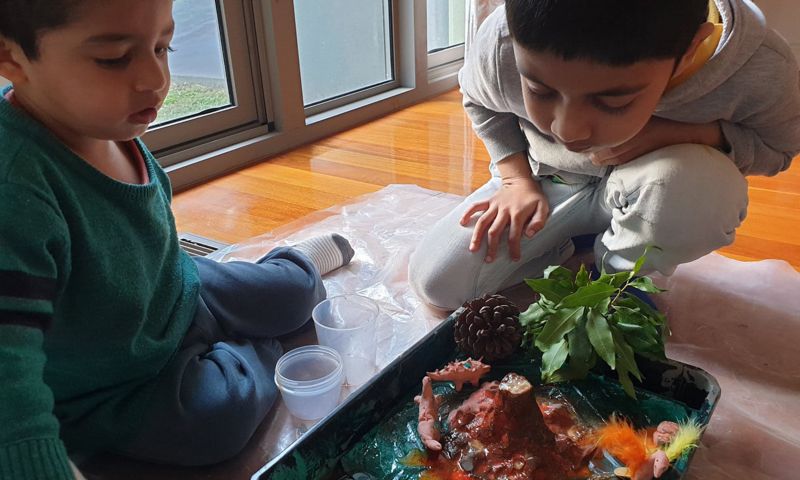RMIT and Universidad Politécnica de Madrid (UPM) announce dual degree partnership for civil engineering students
A new strategic collaboration with UPM will allow students to enrich their academic experience in an international environment.
Coffee concrete shortlisted for national research impact award
Universities Australia has shortlisted RMIT University’s coffee concrete innovators for the upcoming 2024 Shaping Australia Awards in the Problem Solver category.
Victorian Premier joins RMIT to celebrate innovative India-Australia higher education partnership
The Victorian Premier has joined executives from the Birla Institute of Technology and Science and RMIT University to meet students of the BITS-RMIT Higher Education Academy and learn more about their experiences.
Getting back to what really matters in tertiary education today
While tertiary education has again emerged as a subject of political contention, we continue to lose sight of the real issues at play, says Professor Alec Cameron.




